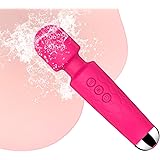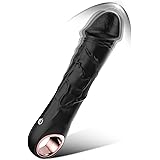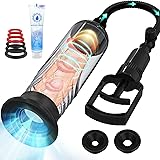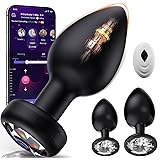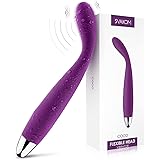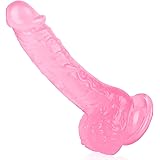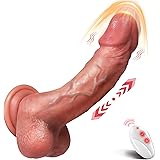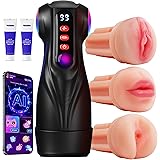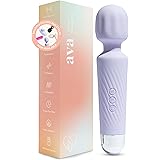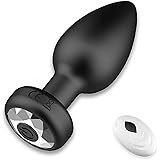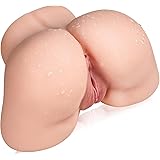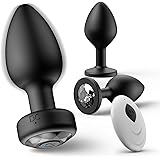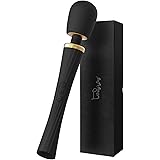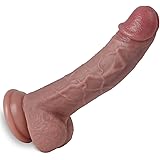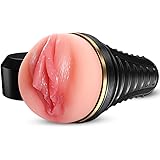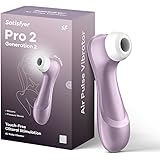The Role of Hormones in Sexual Desire: Understanding the Impact of Hormones on Libido
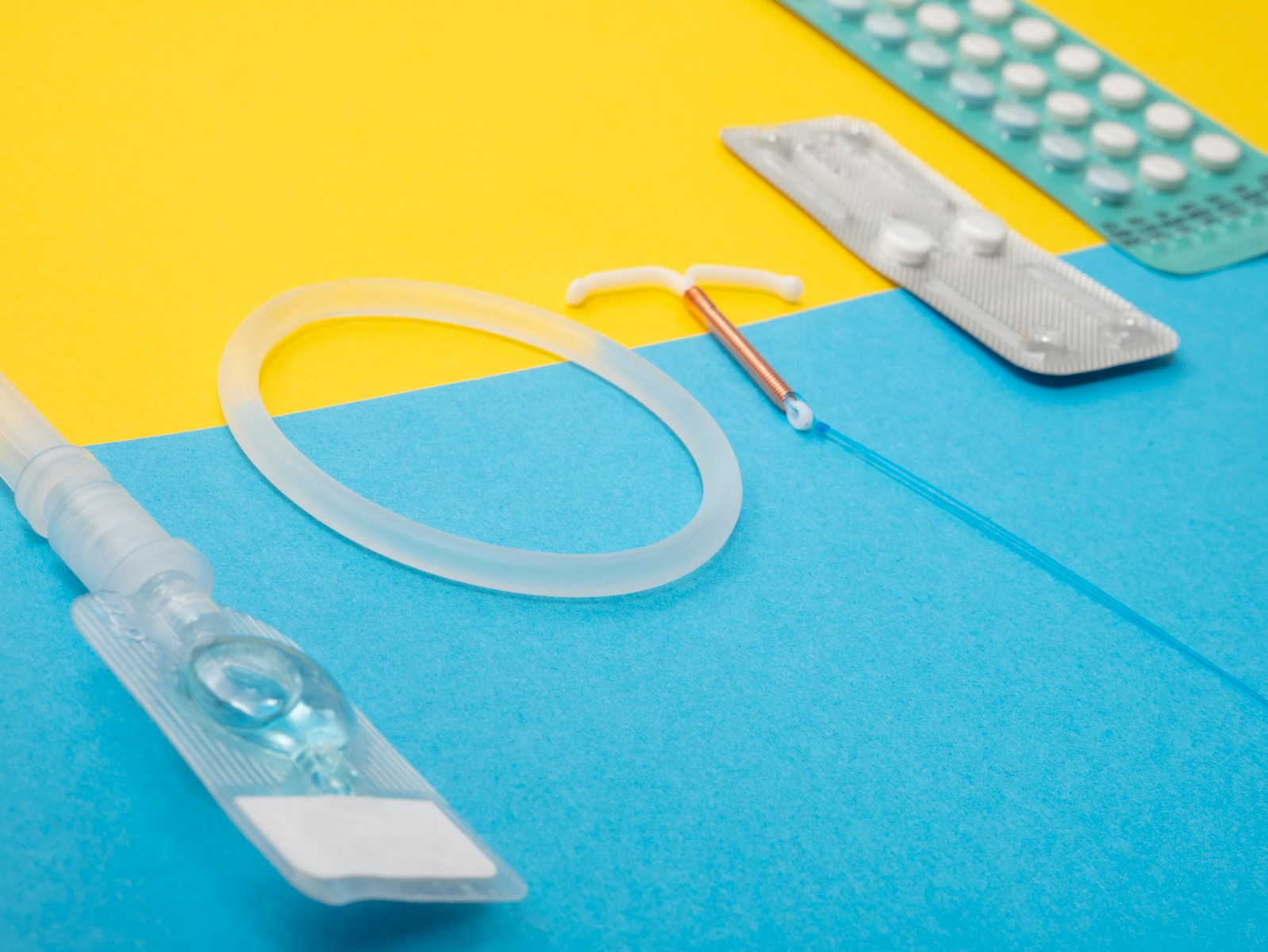
The Role of Hormones in Sexual Desire: Understanding the Impact of Hormones on Libido
Executive Summary
This comprehensive guide delves into the intricate relationship between hormones and sexual desire, exploring the complex interplay of various hormonal influences on libido. We’ll unravel the mysteries behind fluctuating sex drive, examining how hormonal imbalances can significantly impact sexual function and satisfaction. We’ll cover key hormones like testosterone, estrogen, progesterone, and others, discussing their roles in both men and women. Furthermore, this guide provides actionable insights and addresses common concerns, empowering readers to understand and potentially manage hormonal influences on their sexual health. This in-depth exploration aims to provide clear, concise, and accurate information, debunking myths and promoting a healthier understanding of the intricate connection between hormones and sexual well-being.
Introduction
Sexual desire, or libido, is a complex process influenced by a multitude of factors, both psychological and physiological. While psychological factors like stress, relationship dynamics, and self-esteem play a crucial role, the underlying hormonal balance is a fundamental cornerstone. Understanding the influence of various hormones on libido is key to addressing issues of low sexual desire and promoting healthy sexual function. This article aims to provide a comprehensive overview of the hormonal mechanisms that govern our sexual drive.
Frequently Asked Questions
Q1: Can hormone imbalances affect libido in both men and women?
A1: Absolutely. While different hormones play predominant roles in men and women, imbalances in any key hormone – testosterone, estrogen, progesterone, etc. – can significantly impact libido in both sexes.
Q2: Are there natural ways to address hormonal imbalances affecting libido?
A2: Yes, lifestyle changes such as regular exercise, a balanced diet, stress management techniques, and sufficient sleep can often help regulate hormones and improve libido naturally. However, it’s crucial to consult a healthcare professional for personalized advice and to rule out underlying medical conditions.
Q3: When should I seek professional medical help for low libido?
A3: If you experience persistent low libido that significantly impacts your quality of life or relationships, or if you suspect an underlying medical condition might be contributing, it is crucial to seek medical attention. A healthcare professional can help determine the cause and recommend appropriate treatment options.
Testosterone’s Role in Sexual Desire
Testosterone, often associated primarily with men, plays a crucial role in both male and female libido. It’s a key player in the development and maintenance of sexual characteristics and drives.
- Increased Libido: Testosterone directly stimulates the libido centers in the brain, leading to an increased desire for sexual activity.
- Improved Sexual Function: Beyond desire, testosterone supports healthy erectile function in men and clitoral sensitivity in women, contributing to overall sexual satisfaction.
- Muscle Mass and Energy: Higher testosterone levels often correlate with increased energy levels and muscle mass, which can positively impact sexual performance and confidence.
- Bone Density: Testosterone contributes to strong bones, reducing the risk of fractures and other age-related health issues that could hinder sexual activity.
- Mood Regulation: Testosterone can influence mood and overall well-being, which can significantly impact one’s desire and ability to engage in sexual activity.
- Impact of Age: Testosterone levels naturally decline with age in both men and women, often contributing to decreased libido in later life.
Estrogen’s Influence on Female Libido
Estrogen, the primary female sex hormone, plays a crucial role in regulating female reproductive health and significantly impacts sexual desire.
- Vaginal Lubrication: Estrogen maintains vaginal health, promoting adequate lubrication necessary for comfortable sexual intercourse.
- Blood Flow: Estrogen influences blood flow to the pelvic region, enhancing sensitivity and contributing to arousal.
- Brain Function: Estrogen interacts with neurotransmitters in the brain influencing mood, arousal, and sexual response.
- Menstrual Cycle Fluctuations: Estrogen levels fluctuate dramatically throughout the menstrual cycle, often causing variations in libido. High levels are generally associated with increased desire.
- Menopause and Libido: The significant drop in estrogen during menopause often leads to a decrease in libido, due to decreased vaginal lubrication and changes in overall sexual function.
- Estrogen Therapy: Hormone replacement therapy (HRT) can be an effective option for managing menopausal symptoms, including low libido, but should be discussed thoroughly with a healthcare professional to assess risks and benefits.
Progesterone’s Impact on Sexual Desire
While often overshadowed by estrogen and testosterone, progesterone’s role in sexual desire is notable, particularly in women.
- Menstrual Cycle Regulation: Progesterone’s primary role is to prepare the body for potential pregnancy, influencing the menstrual cycle and impacting libido throughout this cycle.
- Relaxation and Mood: Progesterone has a calming effect, which can either enhance or diminish sexual desire depending on individual responses and overall hormonal balance.
- Pregnancy and Libido: Progesterone levels rise dramatically during pregnancy, often leading to decreased libido in the first and third trimesters, although some women experience increased desire.
- Postpartum Changes: Significant hormonal shifts after childbirth can significantly impact libido, with the return to pre-pregnancy levels taking time.
- Interaction with Other Hormones: Progesterone interacts dynamically with estrogen and testosterone, influencing the overall hormonal profile and its impact on sexual desire.
- PMS and Libido: The fluctuating levels of progesterone during the menstrual cycle can contribute to the premenstrual syndrome (PMS) symptoms that often impact libido.
The Role of Other Hormones
Beyond the major players (testosterone, estrogen, and progesterone), other hormones significantly influence libido.
- DHEA (Dehydroepiandrosterone): A precursor to both testosterone and estrogen, DHEA plays a supporting role in maintaining healthy hormone levels and influencing libido. Levels naturally decline with age.
- Cortisol (Stress Hormone): High levels of cortisol, due to chronic stress, can suppress libido. Managing stress is crucial for maintaining healthy hormonal balance and sexual desire.
- Prolactin: This hormone, crucial for milk production after childbirth, can suppress libido if levels are abnormally elevated.
- Thyroid Hormones: Imbalances in thyroid hormones can impact energy levels, mood, and overall sexual function, thereby influencing libido.
- Insulin: Proper insulin regulation, crucial for metabolic health, also indirectly affects hormone production and thus can influence libido.
- Growth Hormone: Growth hormone indirectly impacts sex hormones, and their balance plays a part in sexual health.
The Impact of Lifestyle Factors
Lifestyle choices significantly impact hormone production and, consequently, libido.
- Diet: A balanced diet rich in fruits, vegetables, and whole grains supports hormonal balance. Conversely, processed foods, excessive sugar, and unhealthy fats can disrupt hormonal equilibrium.
- Exercise: Regular physical activity promotes overall health and often contributes to improved hormonal balance, impacting libido positively.
- Sleep: Adequate sleep is crucial for hormone regulation. Sleep deprivation can negatively impact hormonal balance and sexual desire.
- Stress Management: Chronic stress elevates cortisol levels, suppressing libido. Implementing stress-reducing techniques like meditation, yoga, or spending time in nature is essential.
- Alcohol and Drug Use: Excessive alcohol and drug consumption can disrupt hormonal balance and significantly impair sexual function and desire.
- Weight Management: Both obesity and being underweight can disrupt hormonal balance and affect libido.
Conclusion
Understanding the intricate relationship between hormones and sexual desire is crucial for maintaining healthy sexual well-being. While fluctuations in libido are common and often related to hormonal changes throughout life, persistent low libido can be a symptom of an underlying hormonal imbalance or other medical condition. Addressing lifestyle factors like diet, exercise, sleep, and stress management can significantly contribute to improved hormonal balance. However, it’s essential to consult a healthcare professional for personalized advice and potential medical intervention if concerns persist. Open communication with your partner and seeking professional help when needed are integral parts of maintaining a healthy and fulfilling sex life. Don’t hesitate to seek assistance; your sexual health matters.
Keyword Tags
Libido, Hormones, Sexual Desire, Testosterone, Estrogen



